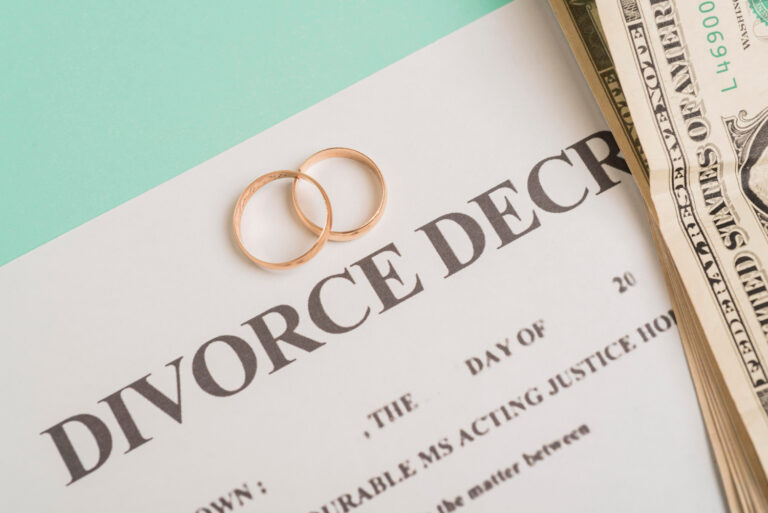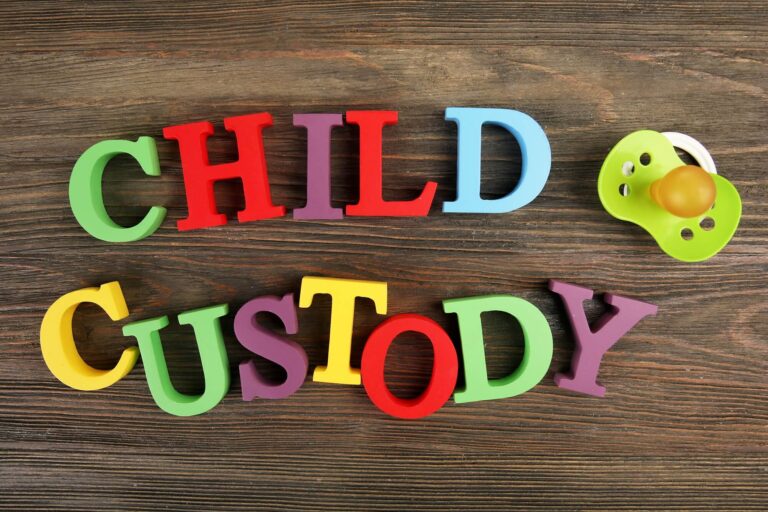Divorce after 50 Years of Marriage: Statistics and Facts
After spending a lifetime together, many couples assume they’re in it for the long haul. However, the reality is that divorce rates spike even after decades of marriage. While it’s shocking to think of couples parting ways after 50 years, it’s more common than you might believe. Is it possible to divorce after half a century together? You might be surprised by the growing trend of ‘gray divorce.’ At LawOfficeOfBrianKelly, we’ve seen an increase in clients who are ending long-term marriages, proving that time isn’t always the glue that holds people together.
According to the National Institutes of Health, divorces among couples married for 50 years or more are rare. The phenomenon, often termed “gray divorce,” is less than 1% of all divorces. This data can be found in the NIH’s publication on aging and marital status trends.
Why Couples Divorce After 50 Years of Marriage
Couples may divorce after 50 years of marriage due to evolving life perspectives and unspoken grievances, leading to a mutual realization of unhappiness.
At its heart over time, problems that were once ignored can come back and become too big to handle. Couples might have different future goals or find it hard to deal with big life changes, creating tension in the relationship. People can also grow in different ways, leading them down separate paths and making it hard to stay connected.
To cut a long story short, external issues like money problems, health challenges, or family disputes can further strain the marriage. Even after many years together, some couples may struggle to resolve these issues and decide to divorce to find personal happiness.
Factors Leading to Divorce in Long-Term Marriages
Factors leading to divorce in long-term marriages include infidelity, financial issues, unresolved conflicts, lack of communication, and shifting priorities.
Typically over time, couples might grow apart if they don’t stay emotionally close and intimate. Work pressures or family duties can add extra stress and strain the relationship. If they have different values, beliefs, or goals, this can also cause problems. Old, unresolved issues can come back up and create tension.
Broadly speaking, as people change over the years, they might find they’re no longer a good match. This can lead to feelings of resentment and unhappiness, sometimes ending in divorce. Mental health or substance abuse issues can make things even harder.
Statistics on Divorce After 50 Years Together
The rate of divorce among older adults has been increasing in recent years, highlighting a surprising trend in long-term marriages dissolving after 50 years.
In essence, several factors like longer lifespans, financial independence, changing social norms, and personal fulfillment have led to more divorces among older adults. Research shows that common reasons for divorcing later in life include poor communication, money problems, cheating, and lack of emotional connection.
Divorce can be especially hard on older couples because they may have spent many years together and built a life around each other. Broadly speaking, older adults who divorce might face problems like money troubles, feeling alone, and health issues. Splitting up can also be tough due to dividing assets, figuring out alimony, and dealing with custody arrangements for grown-up children or grandkids.
It’s important for older people going through a divorce to get help from friends, family, or mental health professionals to handle the emotional and practical difficulties of ending a long-term marriage.
Emotional Impact of Late-Life Divorce
Late-life divorce can deeply alter one’s emotional well-being, often comparable to the loss experienced with death of a spouse.
In general, after being together for many years, breaking up with a long-term partner can make you feel sad, lonely, and grieving. Losing the companionship and support you once had is hard to handle. Not knowing what the future holds, especially when you’re older, can cause a lot of stress and worry. You might also feel regret or guilt about the breakup.
Older adults might also struggle with who they are without their partner. They might feel lost or uncertain about their identity, lowering their self-worth and self-esteem. In other words, on top of that, getting divorced later in life often means dealing with money issues, like splitting assets and adjusting to a new financial situation.
During this tough time, having a support system is very important. Therapy, support groups, or leaning on friends and family can help. It’s very important for anyone going through a late-life divorce to take care of themselves and focus on rebuilding their lives in a way that makes them happy and content.

How to Cope with Divorce After Many Years
Dealing with a divorce after many years often requires rediscovering personal identity and rebuilding one’s life anew.
To be brief, it’s important to give yourself time to mourn the end of your relationship and the future you had pictured. Lean on friends, family, or a therapist to help you deal with your feelings and the changes in your life. Take care of yourself by eating well, exercising, and getting enough sleep.
In a basic sense, try to take things one day at a time and avoid dwelling too much on the past. Allow yourself to feel all kinds of emotions, whether it’s anger, sadness, or even relief and hope for what lies ahead. Finding new routines and hobbies can help fill the empty space left by the divorce. Healing takes time, so be patient with yourself as you start this new part of your life.
My Concluding Thoughts
While divorce rates among couples married for over 50 years are relatively low compared to younger couples, they do still occur.
What LawOfficeOfBrianKelly is supporting the idea of is, factors such as changes in personal growth, financial issues, and health concerns can contribute to the breakdown of long-term marriages. Ultimately, maintaining open communication and prioritizing the relationship are essential for couples to weather the challenges of a half-century union.







